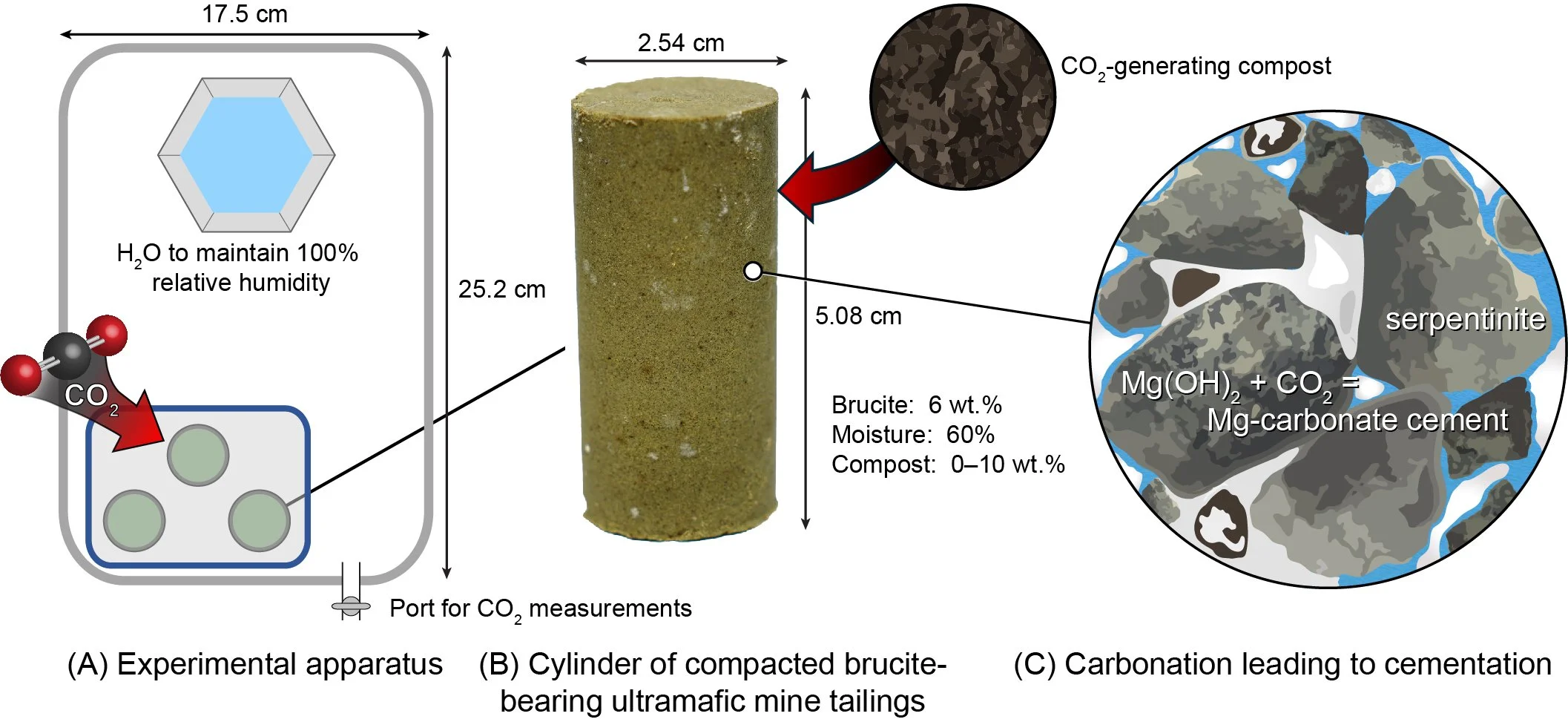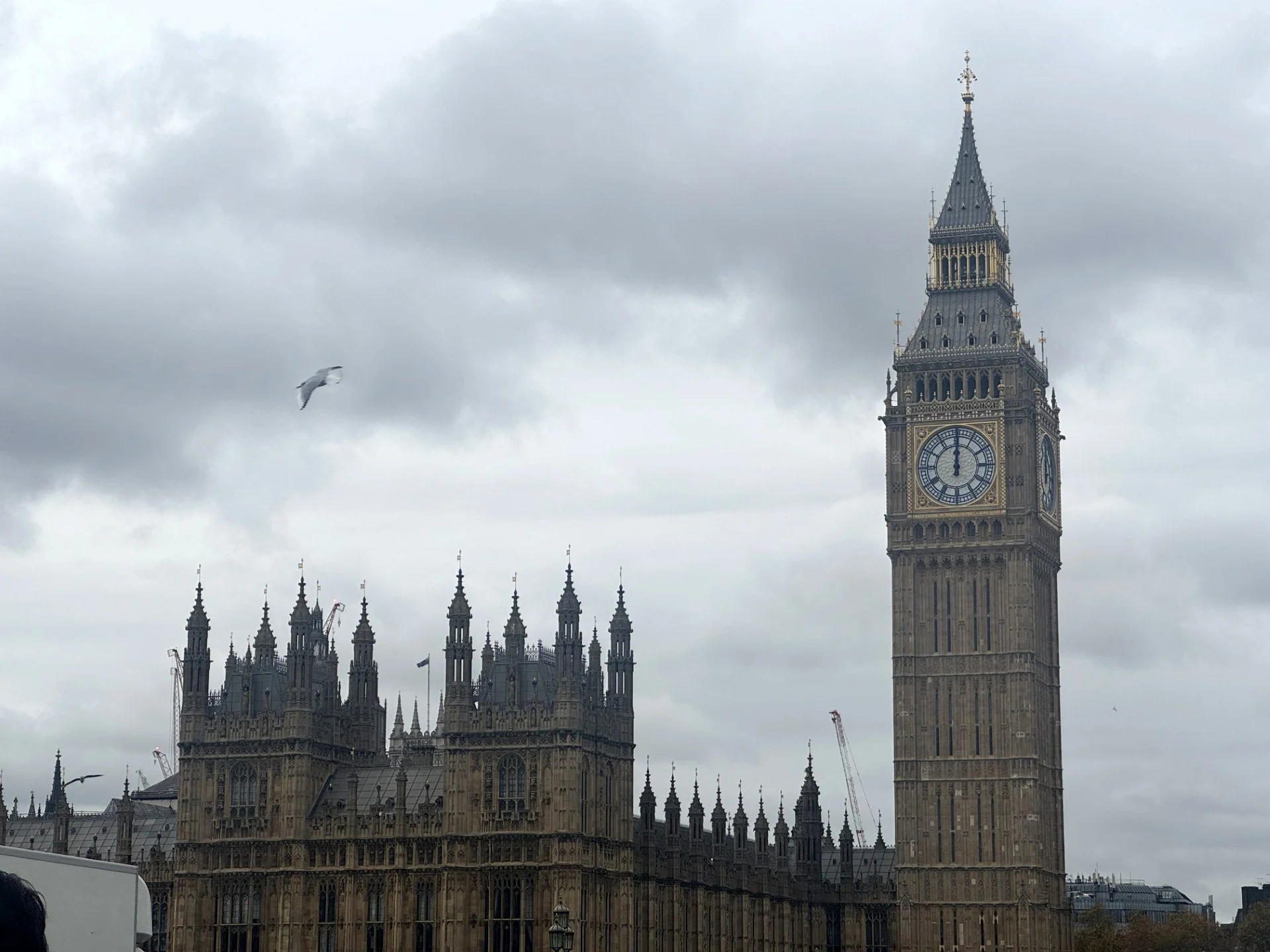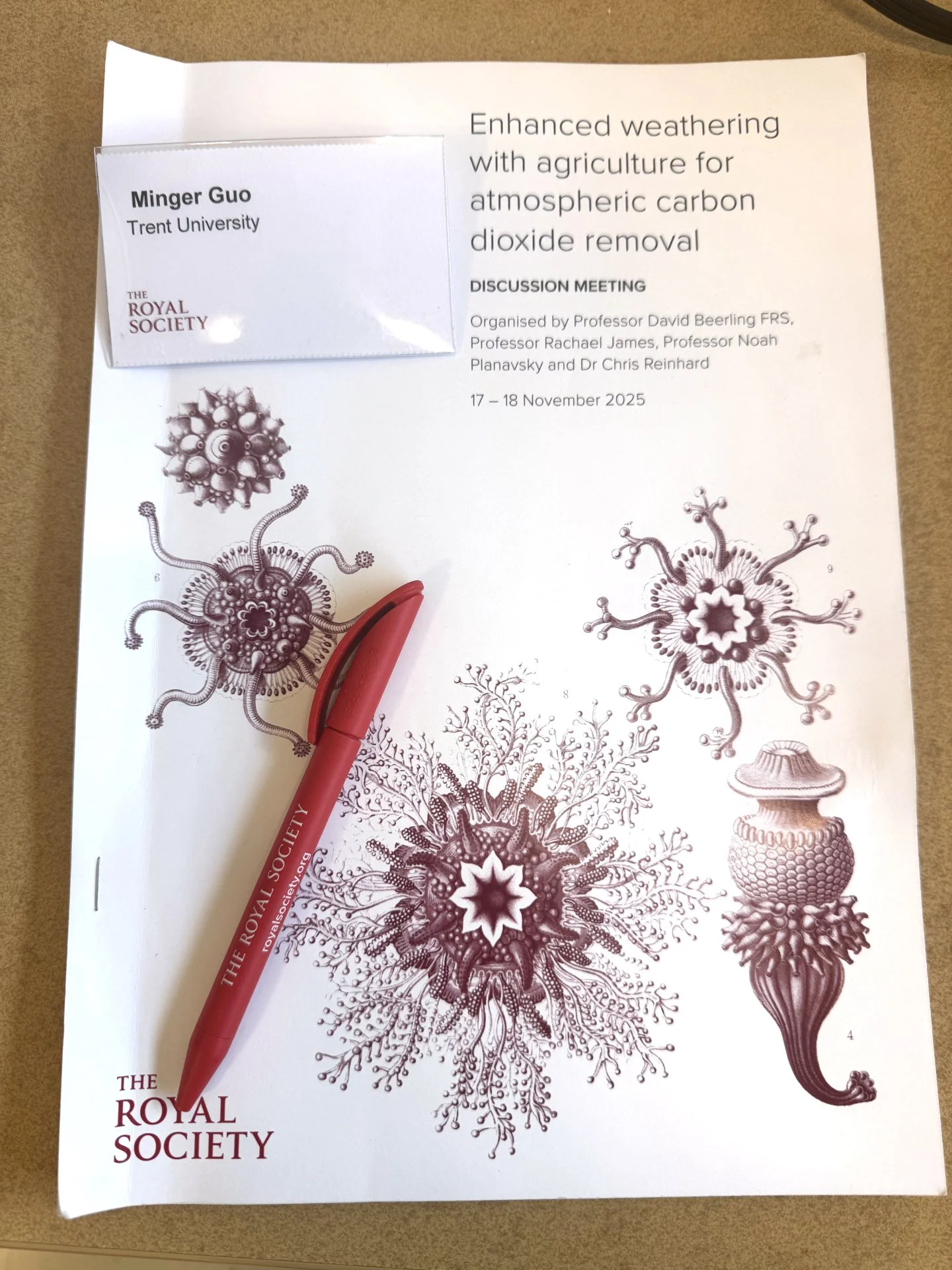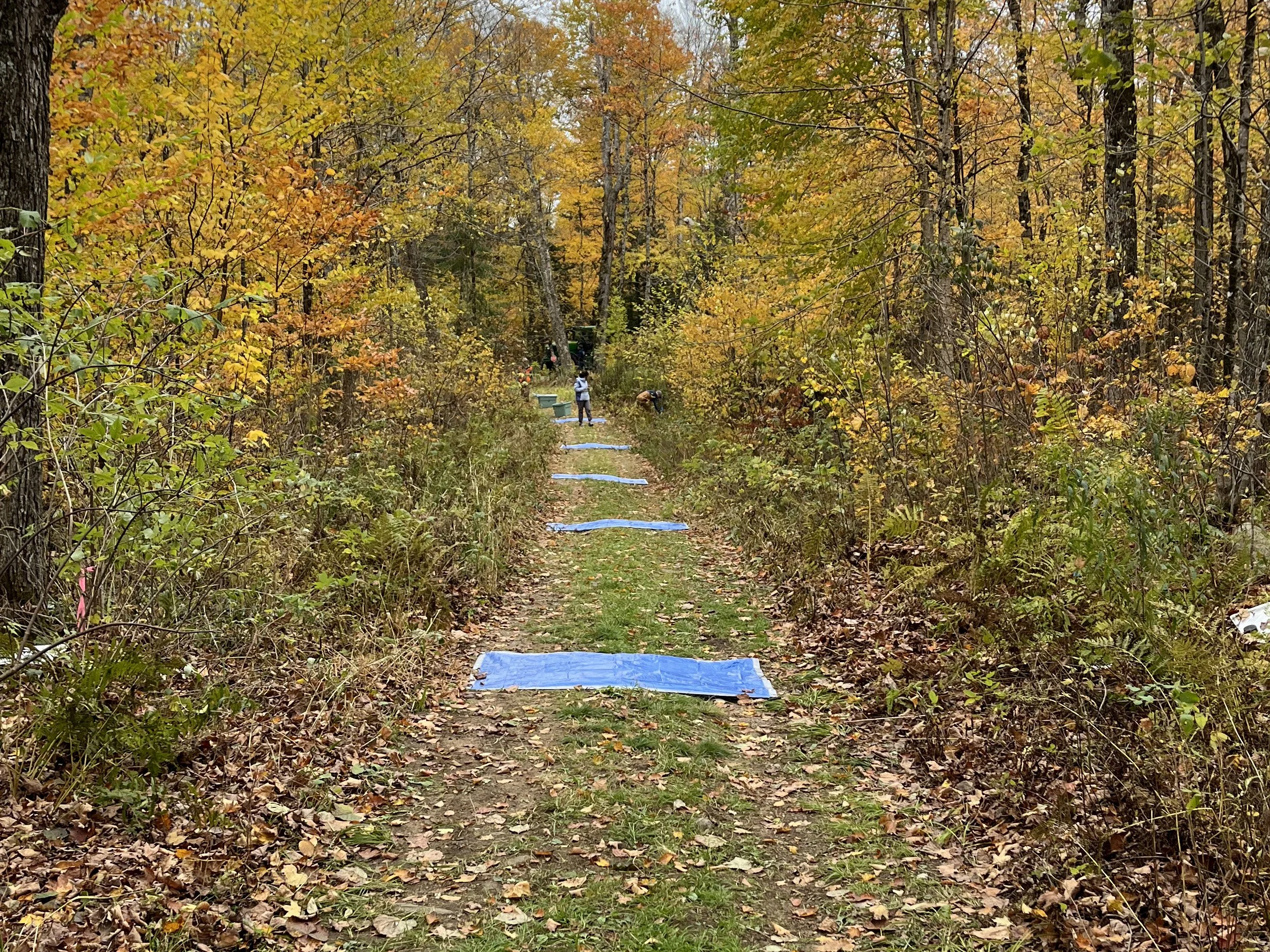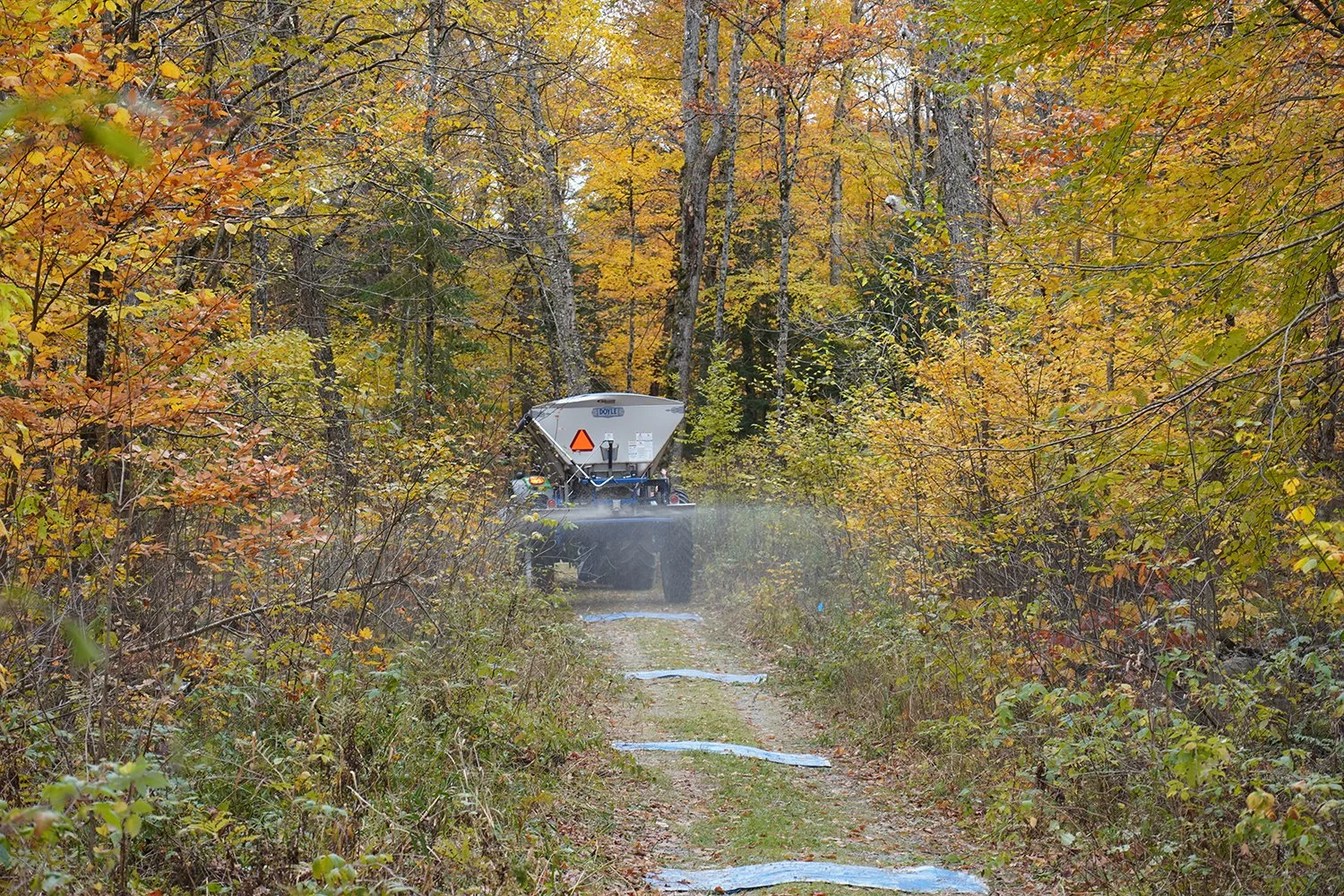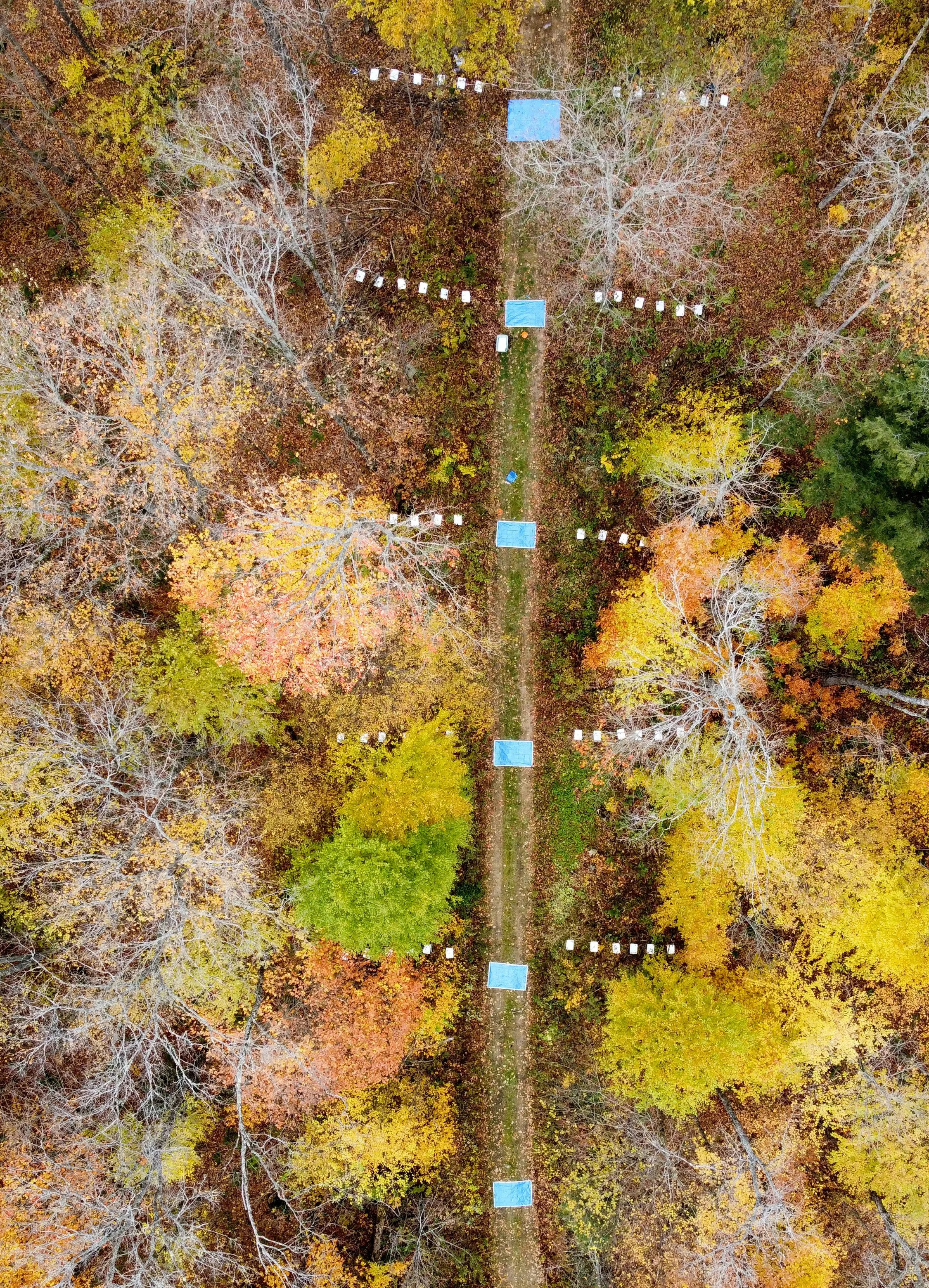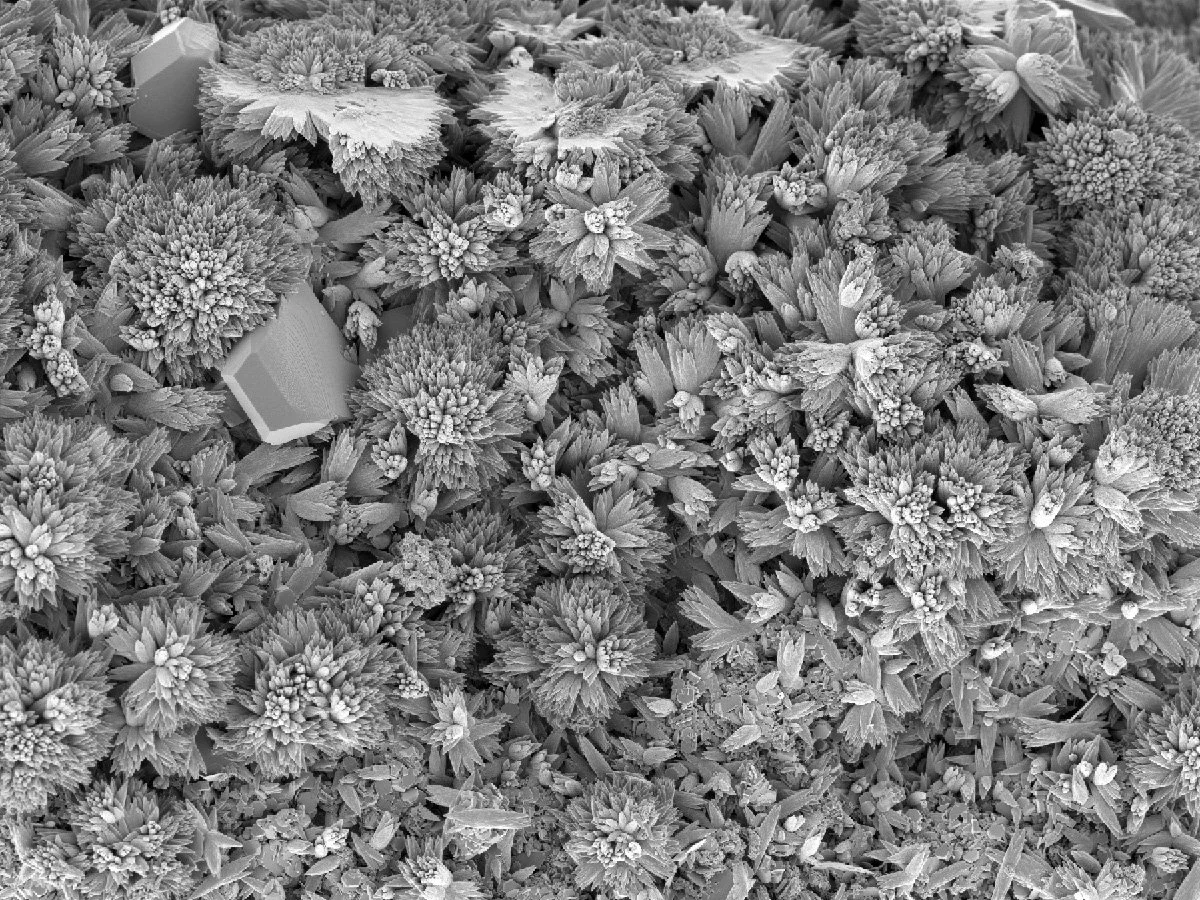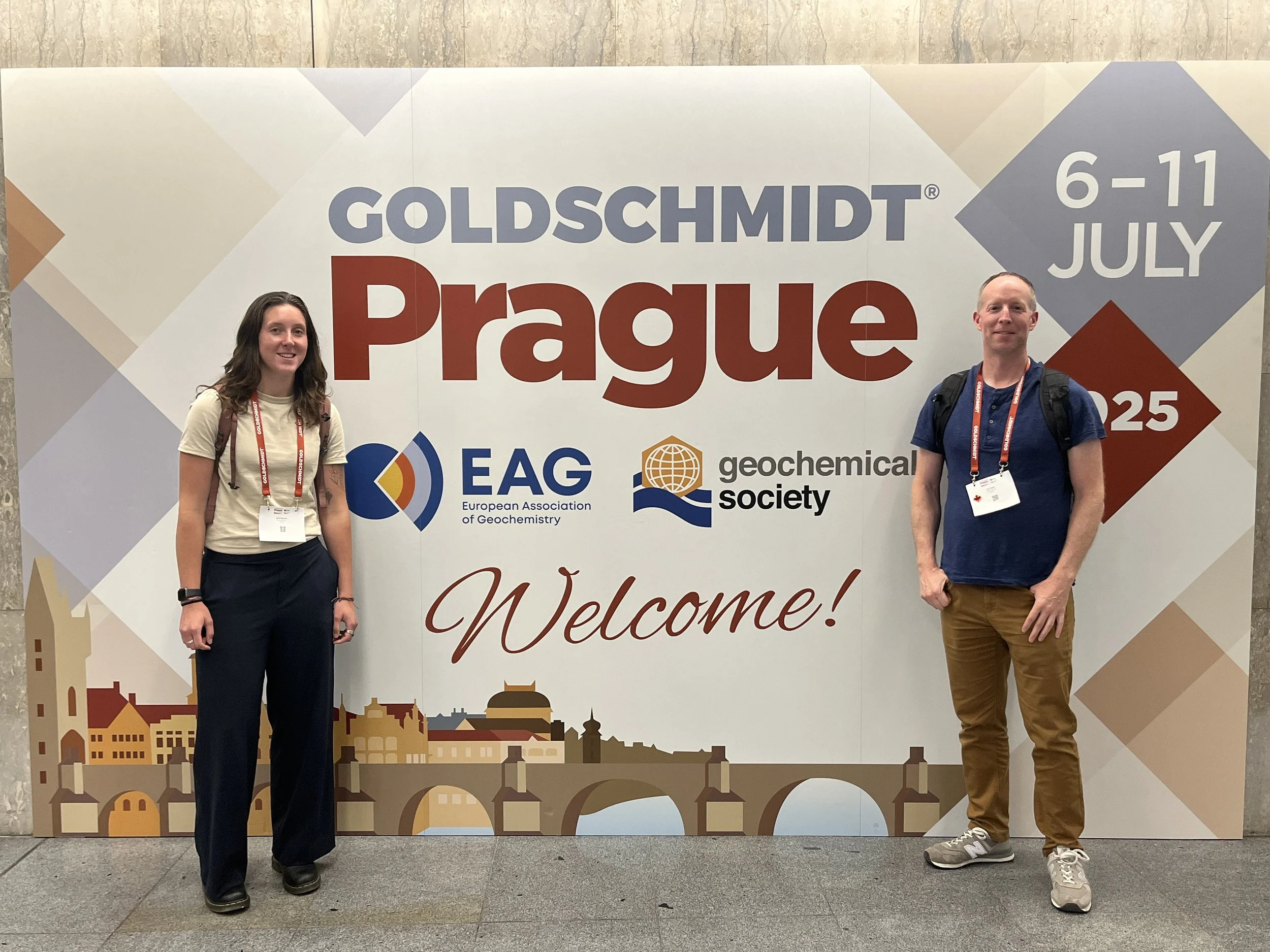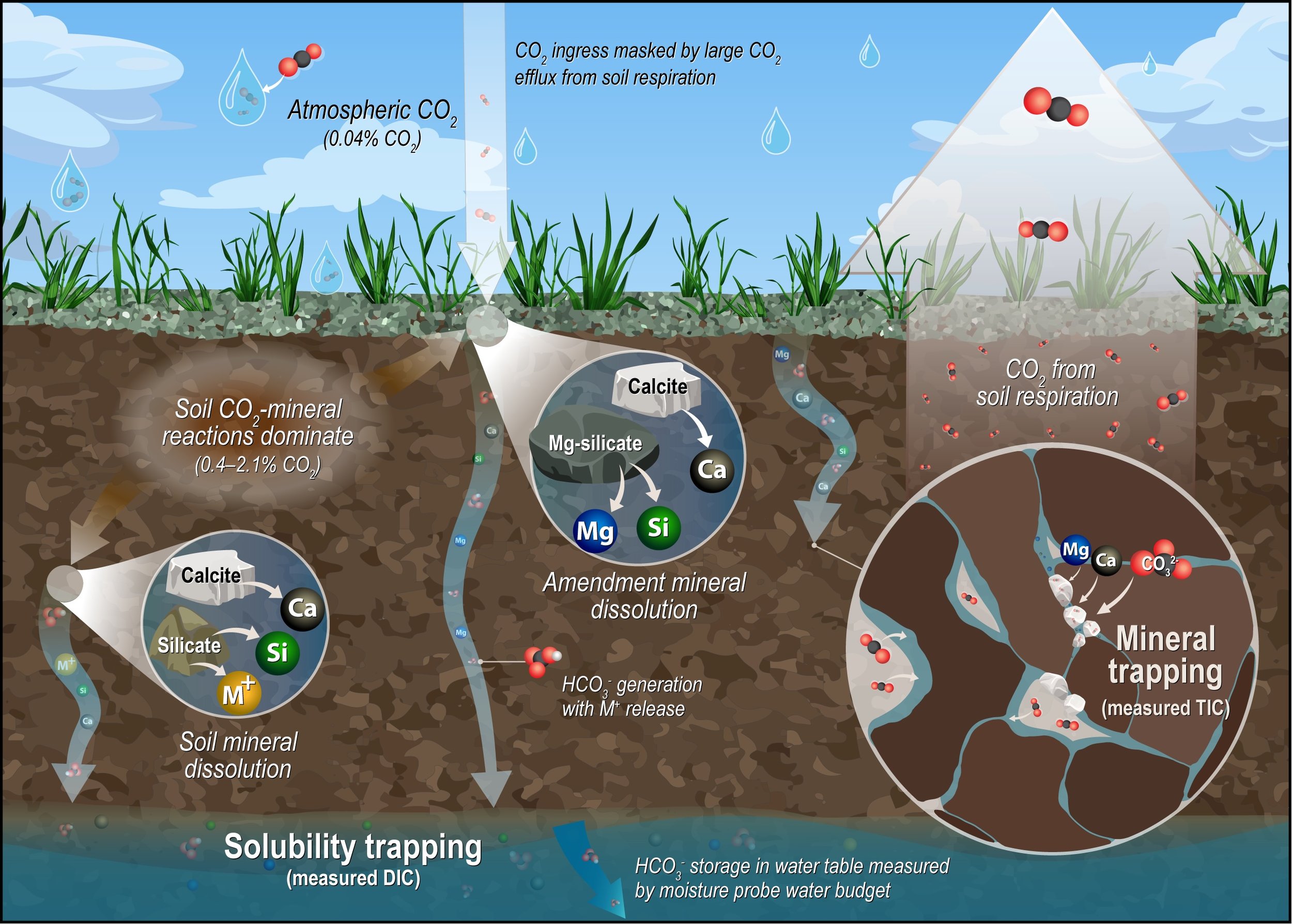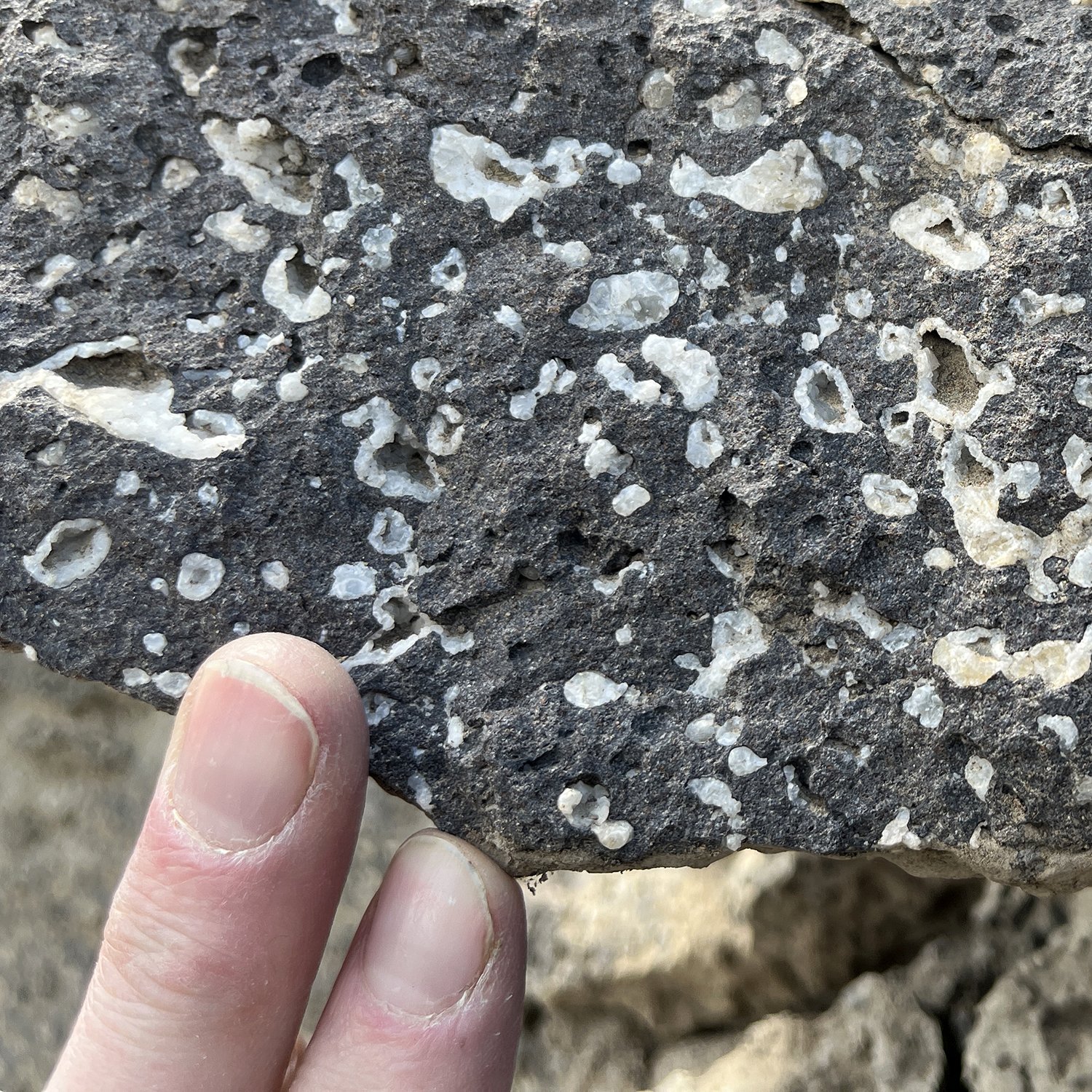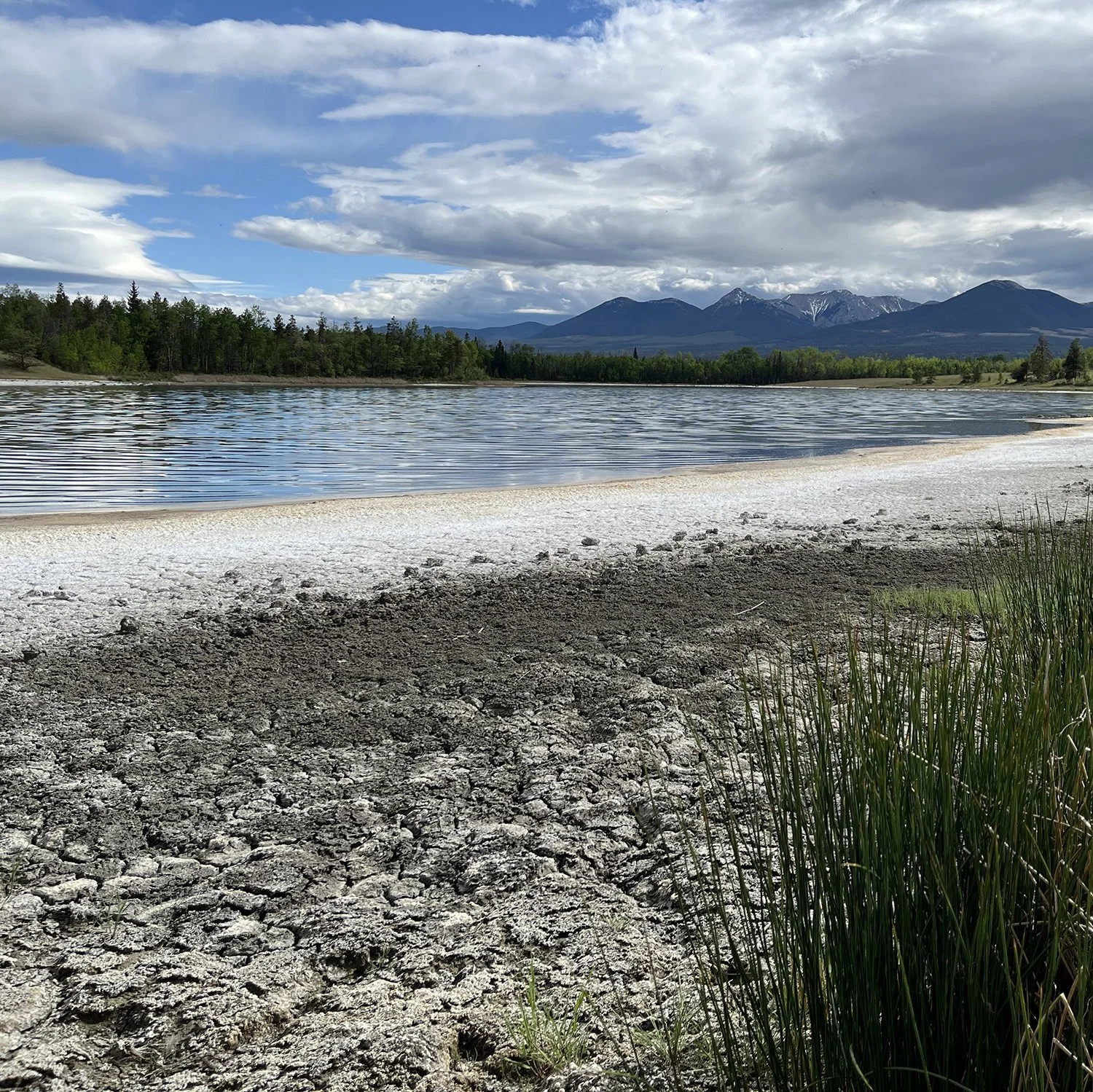The PowerGeolab had a successful trip to the Cariboo region in Central British Columbia last week. Master's student, Jamie Burnett, and Ian Power had the opportunity to join Maija Raudsepp and Sasha Wilson from the University of Alberta for several days in the field exploring many beautiful and geologically interesting alkaline lakes.
We explored Last Chance, Milk, Alberta, Goodenough, Deer, Basque, and Margaret lakes. These lakes all had a unique geochemistry which allowed us to observe natural magnesite, hydromagnesite, sodium carbonate, and (stinky!) magnesium sulfate. Successful coring, pore water sampling, and sediment collection was conducted in all kinds of weather conditions!
The collected magnesite and hydromagnesite samples were brought back to Trent University where they will be characterized and used in experiments to observe the efficiency of a MgO looping technology that incorporates natural samples from different source locations in the world.
This was a great time in the field with great discussions about the geochemistry of the lakes and the geology of the surrounding area. Special thank you to everyone involved who made this a successful trip – even Ian’s drone was able to help out with some water sampling (prototype 1.0 in progress).

